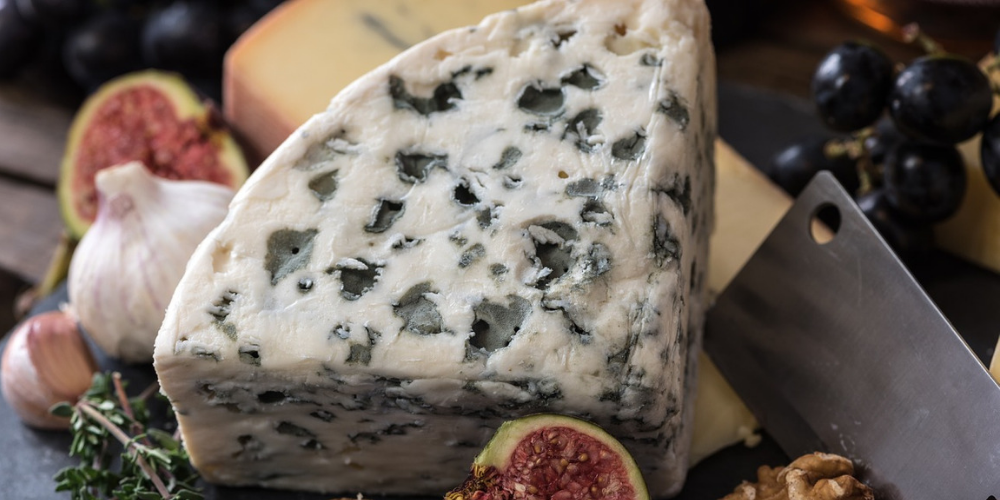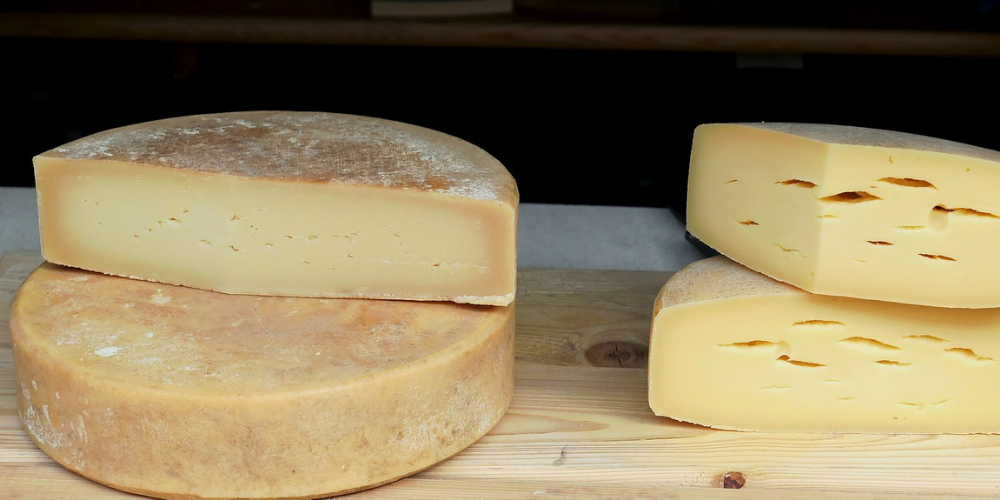Cheese and wine. Wine and cheese. A classic combination and the perfect way to spend an evening. Yes? Yes. If you’re lucky enough to get an invitation with such a premise the standard procedure would be to grab your favourite bottle of red, a hunk of dairy goodness and be on your way…
Beware tannins!

However, a word of caution. Often the problem with our beloved rouge here is the thing that makes them great: tannins. The saltiness of cheese brings out an astringent bitterness, particularly with big young red wines, resulting in a rather unpleasant experience.
Some lighter reds, or those that have been aged enough to allow for their tannins to soften, can make great pairings for cheese, but I find that the characteristics of white wines lend themselves far better to pairing with a cheeseboard.
So, if you’re still with me you may be thinking ‘what white wine would be a good pairing with cheese?’ Well, the world of cheese is just as diverse as that of wine and that makes it a little bit more complicated. But don’t you worry, the following should be of use in helping you understand what white wines work with what cheeses and a go-to bottle, or three *wink*, that would sit perfectly beside any cheeseboard!
Cheese and wine matching rules
As a general rule of thumb, young light cheeses and lively fresh wines are the best of friends whilst wines with more body better compliment aged or stronger cheeses.
Sparkling wines are surprisingly good with cheese. Their high acidity and sparkle help cut through the natural fattiness, which makes them the perfect accompaniment for creamier cheeses. Unoaked chardonnay is also a great match here, particularly if you go for one from a cooler climate as they tend to have brighter acidity. Oaked wines should generally be avoided for the same reason I suggest swerving reds (tannins – please keep up…!).
Goats’ cheese and French Sauvignon Blanc is literally a match made in heaven. Go and grab yourself a grassy SB from the Loire Valley and an equally chic chèvre – nothing more to be said!
Sauvignon Blanc also works well with some hard cheeses, but it is Chardonnay that really shines with the hard nutty alpine stuff that you can guarantee will occupy a space on most cheeseboards. The nutty notes of the wine compliment the nuttiness of the cheese, leaving your mouth yearning for more.

Blue cheese presents a challenge simply because of its incredible saltiness. Sweet wines, such as Sauternes, Tokaji, or (if you’re feeling a little patriotic) a naughty English late harvest wine, provide the perfect foil to strong Stilton or delicious Dolcelatte. If you’re not a sweet wine fan, or are yet to explore such wonders, please trust me on this one!
‘Funky’ stinky cheeses are certainly more difficult, simply because of their power and potency. I would suggest matching them with an equally ‘funky’ wine, with my go-to being Gewurztraminer. It’s slight sweetness and strong floral and spiced notes are able to stand up to the most pungent of cheeses, allowing both to shine.
I appreciate if you were to follow the above exactly, you’d be buying a lot of wine (and putting a lot of trust in me!), so if you’re looking for a couple of all-rounders you can’t go far wrong with a quality Sauvignon Blanc and (/or – if we must choose only one…!) Chardonnay from cooler regions. Riesling must also get a mention here, being certainly one of the most food friendly grapes on the planet. It is able to cope with the more powerful cheeses as it has high acidity but good sweetness and body.
Whichever wine(s) you go for, have fun with it, experiment and enjoy! …And remember, if any eyebrows are raised when you whack out a delicious white when the cheese is served, you’re the one in the know about ultimate combos!
Want to know more about cheese and wine? Why not try a tasting tour in Bordeaux? Oh and did you know that cheese sweats were a thing?